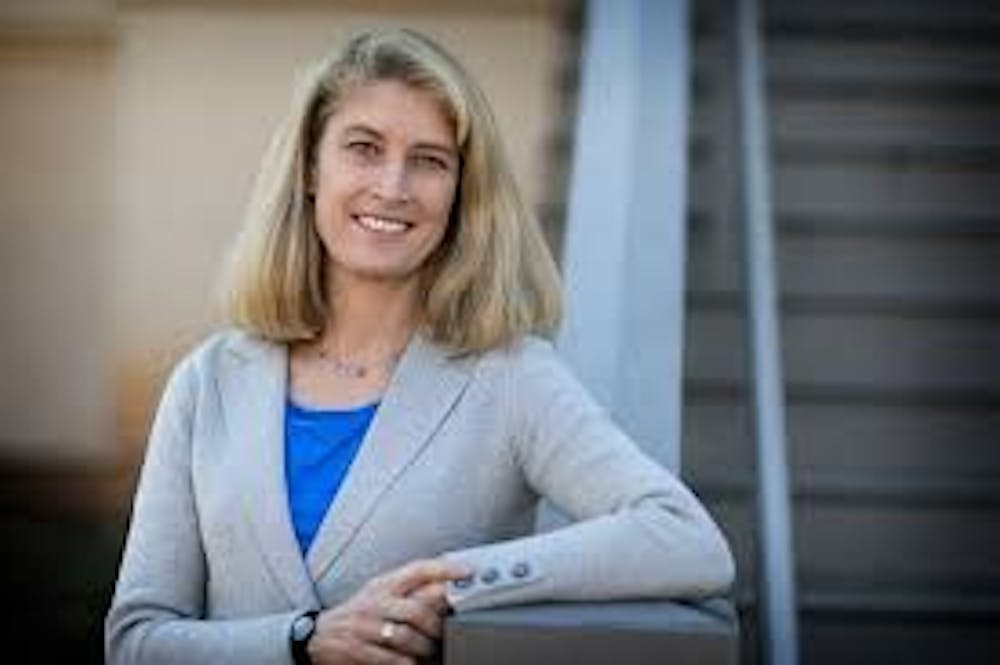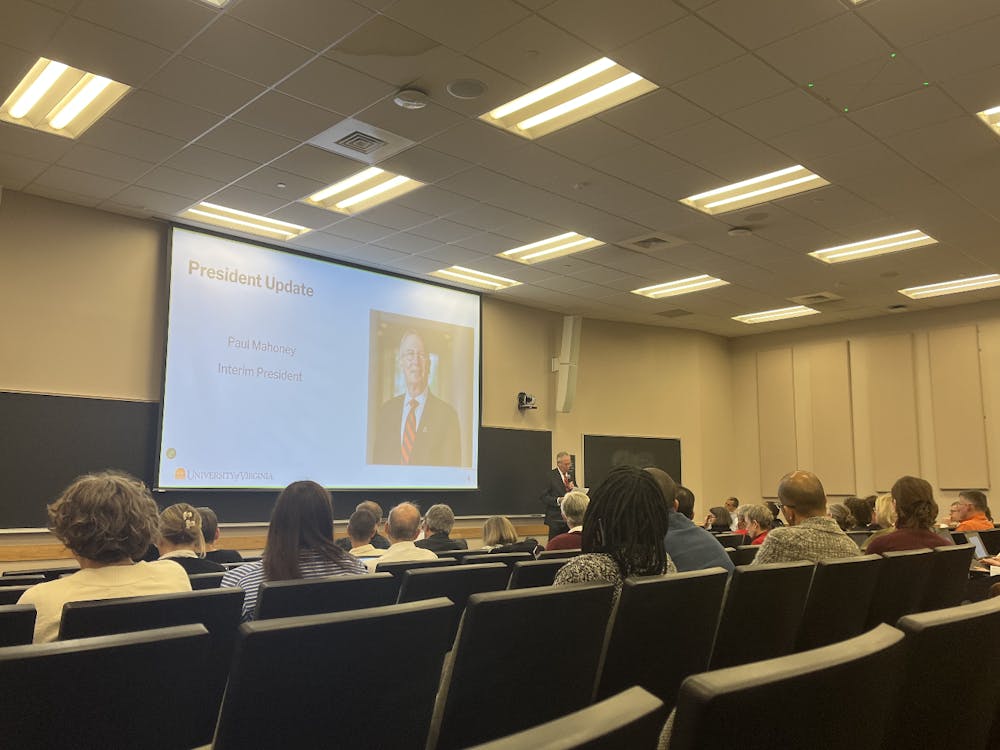The University recently announced the creation of the new Environmental Resilience Institute, an interdisciplinary institute intended to study environmental changes.
“Understanding the environment, how much change is natural and how much is caused by human activity, the ways a changing global climate affects societies, and what actions we can take to create a more desirable future is a complex challenge requiring the actively collaborating investigative minds of researchers and practitioners in many disciplines – the environmental sciences, economics, public policy, engineering, architecture, international law, behavior, the humanities, education, and others,” a press release from the University read.
Environmental Studies Prof. Karen McGlathery is the new director of the program and is leading its development.
The institute will draw faculty from all 11 schools at the University, along with six new cluster hires in environmental sciences, economics and politics, engineering and architecture. The collaboration of the varied disciplines is intended the provide the institute a broad perspective with which to approach environmental problems. One of the newly hired professors is Scott Doney, a leading expert in climate science and the Kington Professor in Environmental Change.
“I think the idea is to really bring together a group of people … who can look at problems and come up with solutions that are broader than ‘oh, it’s a science problem’ or 'oh, it’s an engineering problem' and really think of it as a … system,” Doney said.
One of the first issues that will be addressed by the Resilience Institute will be the problems facing coastal environments.
“One of the things that a top drawer topic for the Resilience Institute is to look at coastal environments and their resilience to the combination of sea level rise and other kinds of activities that are occurring in the coast,” Environmental Sciences Prof. Michael Pace said.
The work the institute aims to do will help coastal communities understand what changes are happening on the coast by working directly with the local communities and governments.This is just the first of a number of programs the institute wants to study.
The University is already very involved in research about the coasts. The Virginia Coast Reserve Long-Term Ecological Research program is located in Oyster, Va. and studies the Eastern Shore.
“Our goal for the VCR/LTER program is to develop a predictive understanding of the response of coastal barrier systems to long-term environmental changes in climate, sea level and land use, and to relate these to the ecological services the coastal barrier systems provide,” the program’s website reads.
According to Pace, the problems addressed by the Resilience Institute are pertinent to everyone, not just people living on the coast.
“When you think about U.Va. students who are here now and look ahead over the next ten, twenty, thirty, fifty years of your lifespan, these issues are going to be front and center both socially and economically,” Pace said. “The way we are going to, we, society, is going to cope with some of these pending events is through making our systems and communities as resilient as possible to these pressing forces like sea level rise and climate change, development, you name it.”
Students will also have opportunities to be involved in the Resilience Institute through research, as well as potential classroom initiatives.
“It's just getting started,” Pace said, “and the work was just made late spring and so while a lot of the ground-level efforts are in place … the real activities are going to start to gear up as we start into this next academic year and take more shape, so you'll be hearing more about it and learning more about it and learning more about the details of specific programs as we go ahead.”







